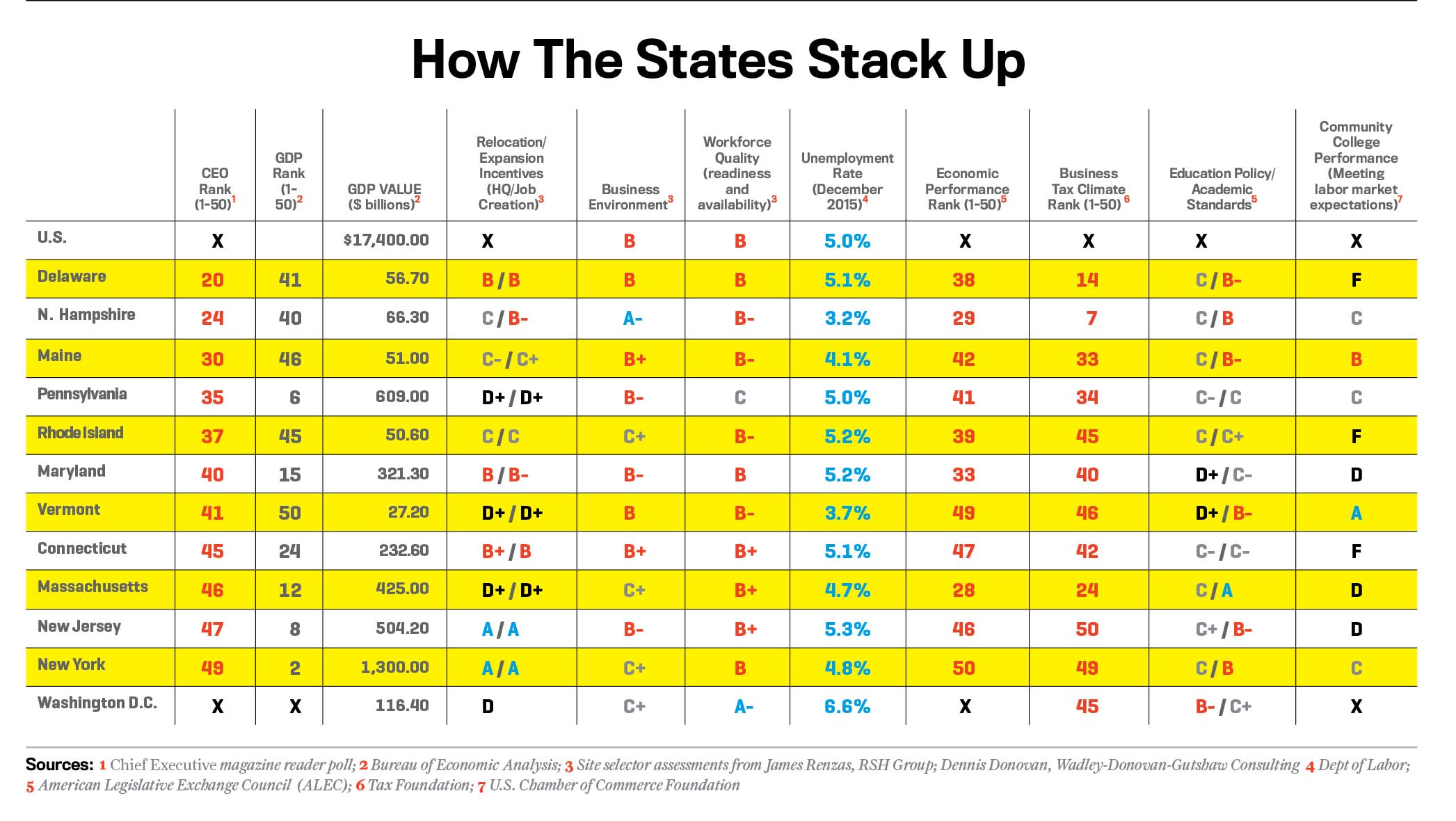In mid-January, GE confirmed it was relocating its global headquarters from Fairfield, Connecticut to the seaport-based Innovation District. In announcing the move, CEO Jeff Immelt cited the appeal of being at “the center of an ecosystem” in a “dynamic and creative city.” With the relocation, GE becomes Massachusetts’ largest publicly traded company.
The District was effectively completed two years ago when Boston lured Vertex Pharmaceuticals from nearby Cambridge with $12 million in real estate tax breaks and job-creation incentive payouts. Vertex opened its $850 million corporate headquarters in February 2014, uniting its Massachusetts employees in a building featuring abundant natural light, trophy views of Boston Harbor and outdoor recreation spaces. Vertex also set aside about 3,000 square feet of classroom space for use by Boston educational institutions. The expectation is that the company will eventually hire some of their students.
“Making medicines is a team sport that requires hundreds of people working together for many years, and these buildings were designed to bring all 1,300 of our Massachusetts employees together in one space for the first time,” said Vertex CEO Jeffrey Leiden. “As a company committed to discovering new medicines, I can’t think of a more inspiring environment—the Innovation District—in which to do business.”
DELAWARE | #20 | DIMINISHING LUSTER
In 2014, a record 170,000 commercial entities named the Diamond State their official home, bolstering its rep as a business haven. But in some key categories that diamond is losing its luster. The number of fully operational companies—as opposed to shell corporations—registered in Delaware has shrunk by about 11% since the decade began.
A series of federal judicial decisions has loosened its grip on the corporate legal world. Delaware’s financial services industry, in part a reflection of its pro-business allure, has also weakened, eroding profits and payrolls; a stronger 2015 suggests recovery is in process. The state’s mature chemical cluster, which has been anchored by the Du-Pont family holdings, now faces instability and job losses due to fallout from the chemical giant’s planned merger with Dow Chemical. The aeronautics sector is outpacing manufacturing, contributing over $7 billion a year to the state’s economy. Liberalized casino gambling laws permitting blackjack and similar table games boosted the gaming industry.
Wilmington and Dover, the state’s largest Metropolitan Statistical Areas (MSAs), will “continue to enjoy modest labor market progress in the near term,” forecasts PNC Financial Services Group. Meanwhile, Wilmington struggles to reverse the perception that it is a dangerous town.

Chief Executive Group exists to improve the performance of U.S. CEOs, senior executives and public-company directors, helping you grow your companies, build your communities and strengthen society. Learn more at chiefexecutivegroup.com.
0

1:00 - 5:00 pm
Over 70% of Executives Surveyed Agree: Many Strategic Planning Efforts Lack Systematic Approach Tips for Enhancing Your Strategic Planning Process
Executives expressed frustration with their current strategic planning process. Issues include:
Steve Rutan and Denise Harrison have put together an afternoon workshop that will provide the tools you need to address these concerns. They have worked with hundreds of executives to develop a systematic approach that will enable your team to make better decisions during strategic planning. Steve and Denise will walk you through exercises for prioritizing your lists and steps that will reset and reinvigorate your process. This will be a hands-on workshop that will enable you to think about your business as you use the tools that are being presented. If you are ready for a Strategic Planning tune-up, select this workshop in your registration form. The additional fee of $695 will be added to your total.

2:00 - 5:00 pm
Female leaders face the same issues all leaders do, but they often face additional challenges too. In this peer session, we will facilitate a discussion of best practices and how to overcome common barriers to help women leaders be more effective within and outside their organizations.
Limited space available.

10:30 - 5:00 pm
General’s Retreat at Hermitage Golf Course
Sponsored by UBS
General’s Retreat, built in 1986 with architect Gary Roger Baird, has been voted the “Best Golf Course in Nashville” and is a “must play” when visiting the Nashville, Tennessee area. With the beautiful setting along the Cumberland River, golfers of all capabilities will thoroughly enjoy the golf, scenery and hospitality.
The golf outing fee includes transportation to and from the hotel, greens/cart fees, use of practice facilities, and boxed lunch. The bus will leave the hotel at 10:30 am for a noon shotgun start and return to the hotel after the cocktail reception following the completion of the round.